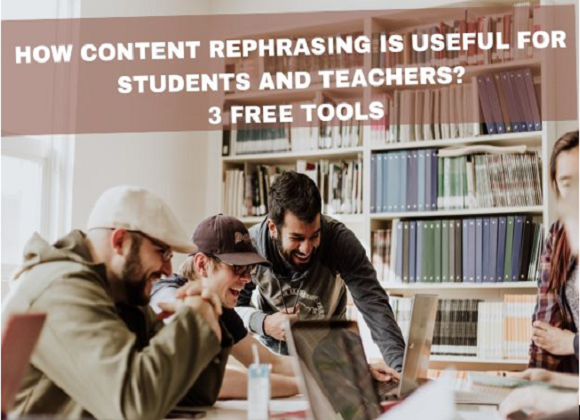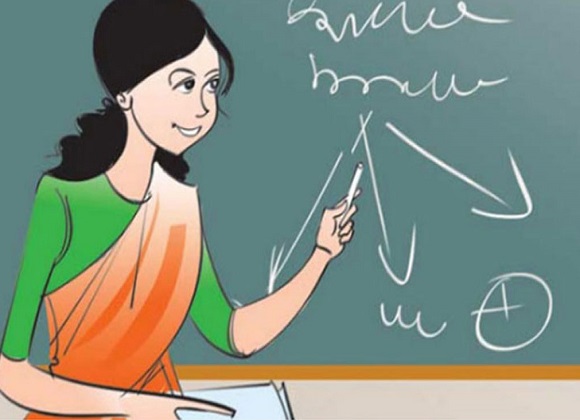Courses
Grow skills with quality courses
One of the learning theories mentioned in the New education policy is Experimental learning where the document talks about promoting learning among students by doing. Experiential learning centers around the possibility that the most effective way to learn things is by really having encounters or experiences. Those encounters then, at that point, stick out to you and assist you in withholding data and recalling realities. Teachers and educators have been told to focus on creating opportunities for their students to face and learn from experiences.
David Kolb is most popular for his work on the experiential learning hypothesis or ELT. Kolb distributed this model in 1984, getting his impact from other incredible scholars including John Dewey, Kurt Lewin, and Jean Piaget.
The experiential learning hypothesis works in four phases:
The initial two phases of the cycle include getting a hand in the experience being provided by the educator. The subsequent two focus on transforming the experience. Kolb contends that learning is viewed as being effective as the student goes through the cycle and that they can enter the cycle whenever they want. Talking about concrete or substantial learning, it is the learning where the student gets a new experience or construes the previous learnings in a new way.
In reflective observation, the learner reflects or sees on their earlier learnings at a personal level and learns from those understandings. Post that, abstract conceptualization happens where the student forms new ideas or modifies their thinking based on their experiences or the reflection that they had done before. Active experimentation happens when the student is able to apply these new ideas around them, in their daily lives and see if any change is required. This can happen over a long or short span of time. Kolb proceeded to clarify that students will have their own inclinations for how they enter the pattern of experiential learning and that these inclinations reduce to a learning cycle.
Every child has a different way of learning and thus experiential learning capacity may be different for each child. Thus, the experiential learning cycle lays on the possibility that every individual has a particular sort of learning inclinations, and they are consequently predominant in specific phases of experiential learning. Some of the ways in which experiential learning can be used in everyday lives can be- going to the zoo to find out with regards to creatures through perception, rather than learning about them, growing a nursery to find out with regards to photosynthesis as opposed to watching a film regarding it, carrying out lab experiments to understand few scientific concepts, etc. Field trips, art projects, role-playing, reflection, journaling, etc. can be a few ways of learning in the class through this method.
Experiential learning provides the opportunity to apply the learned knowledge immediately along with improving self-motivation and promotion of teamwork. It also provides an opportunity for reflection where students can reflect on what they have learned and on their experiences.
About the author
Comments
Recommended by Gurushala

Technology & Innovation
-By Valentina MilanovaHow Content Rephrasing is Useful for Students and Teachers? 3 Free Tools

Stories of Indian Classrooms
-By GurushalaOn the course of continuous learning- An inspiring teacher story from Pune
Related Articles
